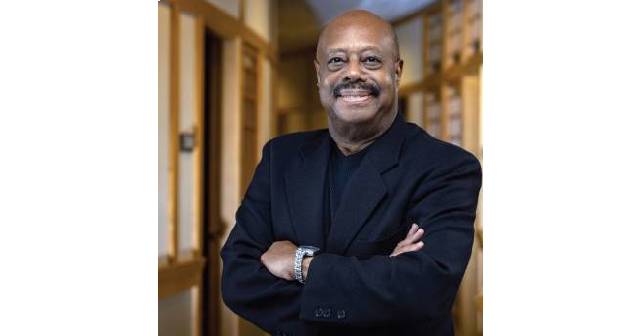
Dr. Dark: Could you expand a little bit on that, things that you can’t examine in a virtual setting? But also, why oral boards as opposed to just the written certifying exam. What are you actually looking for in order to board certify someone that you get from an in-person oral boards situation?
Explore This Issue
ACEP Now: Vol 43 – No 03 – March 2024Dr. Johnson: One of the things we’ve noticed is that there are some additional competencies that are important to emergency medicine and our patients such as patient-centered communications, high stakes and difficult conversations, managing conflict, team management, how you prioritize patients that need to be seen. And probably one of the more important areas that we’re really wanting to investigate more and evaluate better is in procedural skills. These are things we just can’t do in the virtual format. But we now have ways that we can actually evaluate these things once we go back to in-person. As we go back to the new exam that we’re creating, it will not be like the current oral exam. There will be some significant changes.
Dr. Dark: In our February issue, we talked about virtual reality in emergency training –people putting on their little goggles, even 3D printing things like laryngoscope blades, or other devices so that they can actually train in those tactile elements and the procedural elements that defines our specialty. Do you think the oral exam will get replaced by something like that? Do you see that happening in the future?
Dr. Johnson: It’s interesting. We actually convened a summit looking at the future of the oral exam. And at that summit the idea of having some type of virtual reality did come up and there’s certainly an interest in that among some of the stakeholders that participated at the summit. I have gone to some procedural assessment centers where they are actually using virtual reality in some of their simulation exercises and it’s certainly something that is cutting edge. It is something I think is potentially a tremendous benefit as we look at ways that we can evaluate that competency in the future. I’m not sure the technology is quite there yet on the scale that we would like it to be, but it’s something we want to continue to investigate and maybe someday in the future we will see that being utilized.
Dr. Dark: I was looking through the ABEM annual report for 2022/2023, and I saw where it said 700 clinically active physicians volunteered their services to ABEM in that year, usually serving as examiners. Being an academic myself, a lot of people are like, “Why all this free labor?” And I also saw ABEM, their revenue went up $7 million. So why are we relying on volunteers as opposed to compensating people that are donating their time to the Board in order to certify the next generation of emergency physicians?
Pages: 1 2 3 4 5 | Single Page




No Responses to “A Conversation with ABEM President Dr. Ramon W. Johnson”